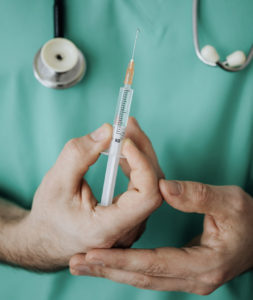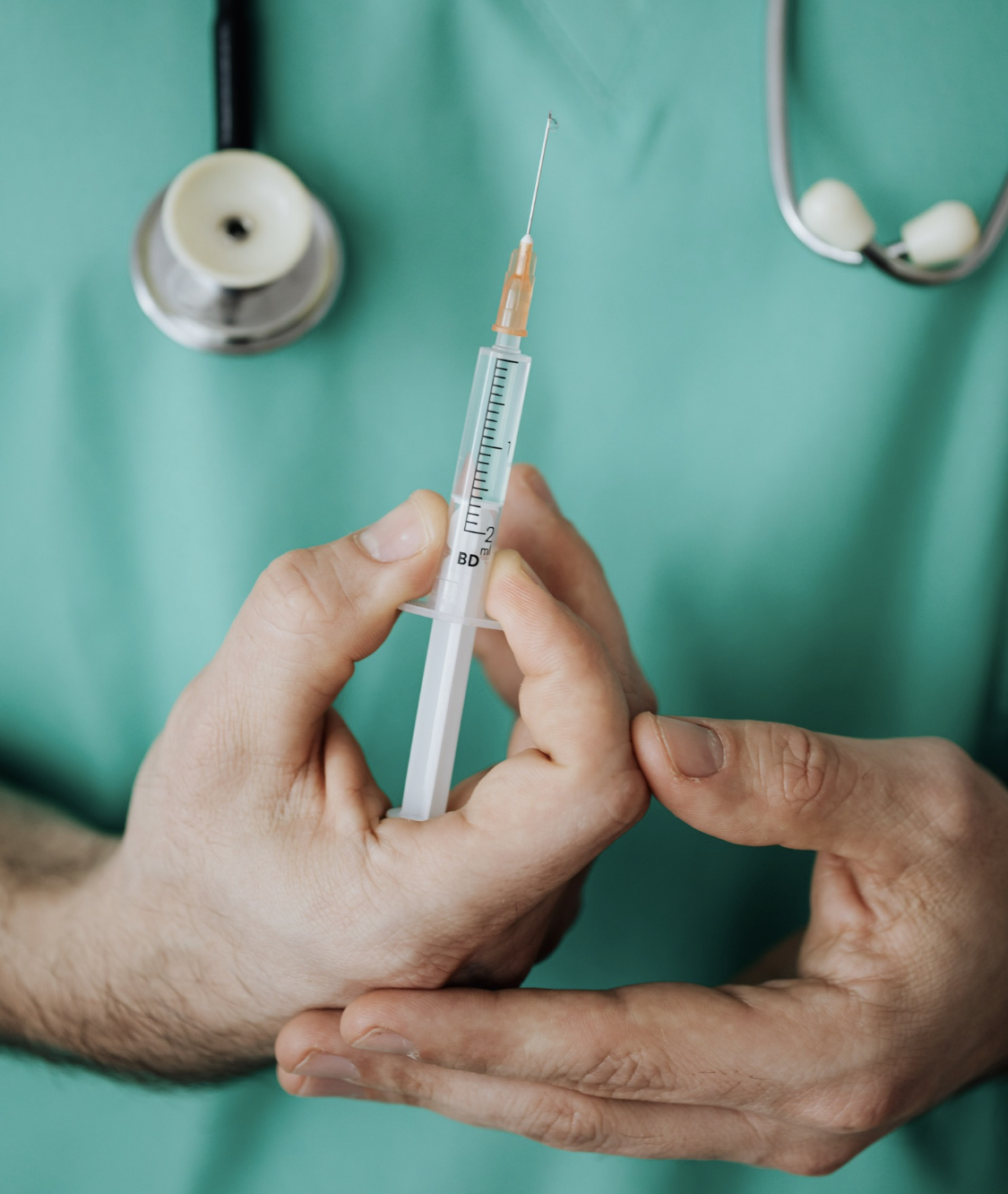Bariatric surgery-level weight loss from a Drug

An experimental drug undergoing a clinical study for its effects on body weight in obese and overweight people resulted in record weight loss for trial participants – on par with surgical options, suggests company behind the drug.
Tirzepatide
Tirzepatide, developed by the American pharmaceutical company Eli Lilly and Company (Lilly), is a weekly injection that promotes weight loss by mimicking the effects of natural hormones called incretins.
These hormones lower blood sugar after eating, in addition to regulating metabolic processes related to digestion.

In the case of tirzepatide, which is not yet available on the market pending further clinical study, the drug is a synthetic combination of two particular incretins, called GLP-1 (glucagon-like peptide-1 ) and GIP (glucose-dependent insulinotropic polypeptide).
The ancient hormone, GLP-1, is the basis for the diabetes drug semaglutide, which was approved in the United States as a weight-loss drug in 2021, marking the first time the FDA has approved a new treatment for diabetes. weight loss in several years.
This approval was granted on the basis of results described as a “game changer” for weight loss, but it seems that the formulation of tirzepatide – thanks to the addition of GIP alongside GLP-1 – could well change. give it again.
Research Report
In the Phase 3 results of the ongoing SURMOUNT-1 clinical trial investigating the effects of tirzepatide, researchers recruited 2,539 participants who were overweight or obese (with weight-related comorbidity but without type 2 diabetes).

Participants received tirzepatide or a placebo for 72 weeks, along with support to follow a low-calorie diet and increase their level of physical activity.
Tirzepatide was given in one of three different doses (either 5, 10, or 15 milligrams in the weekly injection), but all three groups saw significant levels of weight loss during the study.
At the highest dose (15 mg), participants experienced an average weight reduction of 22.5% of their body weight (24 kg or 52 lbs), while the 10 mg dose caused weight loss of 21.4 percent (22 kg or 49 lb) and 5 mg saw a reduction in body weight of 16 percent (16 kg or 35 lb).
In comparison, the placebo group lost only 2.4% of their body weight (2 kg or 5 lb). Previously, semaglutide weight loss trials averaged around 17% weight loss.
Tirzepatide is the first investigational drug to provide more than 20% weight loss on average in a Phase 3 study,” says clinical research physician Jeff Emmick, vice president of product development at Lilly.
Although the results have not yet been peer-reviewed, Lilly says they will be subject to such review in the future.
Meanwhile, the study of the SURMOUNT-1 trial is ongoing, alongside related SURMOUNT trials, with results expected to be announced in 2023.
The other side / Side Effect Information
However, we already know that tirzepatide is not okay with everyone who takes it.
Although the average weight loss results appeared to be slightly better than semaglutide treatment and roughly consistent with the weight loss patients might expect from bariatric surgery, some participants in the tirzepatide arm experienced adverse effects.
Depending on the dose, up to a third of the tirzepatide group experienced nausea, while diarrhea was also relatively common (for 18.7-23% of participants).
Some people also experienced vomiting and constipation, although interestingly only a small percentage of participants left the study due to these effects.
Pricing
Another potential hurdle to ingesting tirzepatide is the question of price — assuming subsequent research results convince the FDA to approve the drug for weight-loss patients, that is. (The drug has already undergone regulatory review for the treatment of diabetes.)
If tirzepatide follows a similar pricing strategy – in its expected but not yet assured future release – it could be another case of a potentially brilliant, life-changing drug that many people unfortunately won’t be able to buy.
Economics aside, the impressive results of these drugs nonetheless suggest that we may soon be transforming the treatment of obesity – a complex and harmful epidemic that has resisted our control for decades.

If we can deliver on this promise and ensure equitable access to this new generation of obesity drugs, we stand to improve the health of millions of people around the world, say the researchers.
“It’s extremely exciting, although preliminary data shows bariatric surgery-level weight loss from a drug, which likely offers many other metabolic benefits,” said Scott Kahan, director of the National Center for Weight and Wellness in Washington, DC, at Healio. .
The continued development of tirzepatide and similar agents could portend a sea change in the treatment of obesity, similar to how the management of cholesterol and heart disease has been transformed by the advent of statins and the way whose management of HIV has been transformed by antiretroviral drugs.
